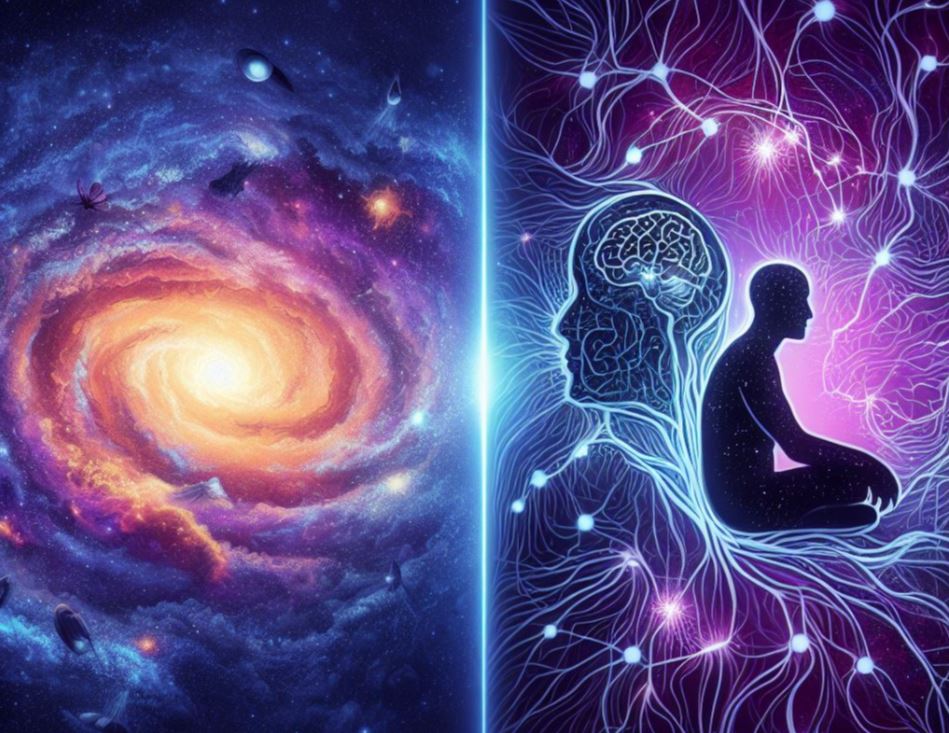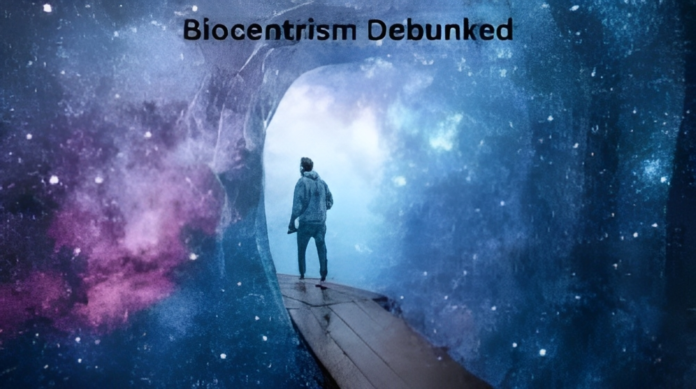The term Biocentrism enlightens the importance of biology over physics and considers it as a necessary part of creation. The theory of Biocentrism was founded by Robert Lanza and astrologist Bob Berman in 2007.
Biocentrism Theory Debunked
The word Biocentrism originates from the Greek words “bios”(bio) and “kentron”(centre). It defines an ethical viewpoint that holds that every life deserves equal moral treatment or has equal moral status.
Moreover, it is a comprehension of how the world operates, particularly in relation to its biosphere or biodiversity. Life-centered environmental ethics is another term used for biocentrism.
Examples of biocentrism include a vegetarian diet, anti-deforestation, disapproval of the fur trade, and opposition to animal testing. Furthermore, no doubt it has a huge significance on the universe, but still, the controversy takes place that leads to the Biocentrism debunked.
Criticism Against the Theory of Biocentrism
The theory of Biocentrism is not widely accepted in the realm of science, despite its consideration and popularity. The majority of scientists favour debunking Biocriticism because it lacks real-world proof. Moreover, some of them treated it as hypothetical. According to Wired, one issue in particular is determining how to evaluate whether the concept of “observer time” is real.
In addition to this, another major objection levelled towards biocentrism is that it cannot be falsified. This means that if you are not witness to the situation then you are not able to establish something about it. Furthermore, there is no doubt that we are always learning new facts about our universe. All of this is made possible by scientific advancements. With a little more research, the scientific community may develop more trust in biocentrism.
Pillars of Biocentrism Theory
The main four pillars of the theory are based on the following facts:
- Like other creatures, humans are also members of the global community.
- Every species is part of an interdependent system.
- Every living entity seeks its own “good” in its own unique way.
- Humans are not fundamentally superior to other living beings.
History
The roots of Biocentric ethics can be found in many rituals and recorded people. The first of Buddhist ethics’ five basic precepts is to avoid killing or hurting any living thing. Francis of Assisi, a Christian saint, preached to animals and developed a biocentric theology that expressly embraced animals and plants. According to some Native American cultures, all forms of life are precious.

Difference b/w Biocentrism, Anthropocentrism and Ecocentrism
According to Biocentrits, all forms of life are equally important. For instance, a tree’s life is as valuable to them as a human’s life.
Anthropocentrism, on the other hand, represents that human life is most valuable as compared to other living beings.
Ecocentrism is a viewpoint that emphasizes the value of the environment as a whole. Furthermore, it values both living and nonliving components equally, especially when making environmental decisions.
Biocentrism’s Notable Supporters
The top-most contributors to the theory were:
Albert Schweitzer
Schweitzer was an early twentieth-century philosopher, who gave his best in supporting the reverence for life. The phrase is from his book Philosophy of Civilization. Despite using the phrase ‘biocentrism,’ he maintained that all life, not just human life, should have moral importance. That, he believed, was necessary for the survival of civilization.
Taylor, Paul
Taylor released Respect for Nature in 1986, which is likely the most critical refutation of the biocentrism theory1. In his reasoning, he contended that the fact of being alive was sufficient to confer moral standing because all living creatures seek their own benefit.
The Significance of Biocentric Rules
One major critique of the theory is that its principles are very strict. For example, detractors claim that rigidly adhering to the rule of non-maleficence means that a human cannot eat, which would necessitate the slaughter of animals and vegetables.
From a biocentric standpoint, this offers a moral quandary. Because humans have a basic survival purpose that necessitates the consumption of food, a biocentrist must avoid murdering any other living thing.
What Does Biocentric Ethics Teach Us?
As Biocentrism debunked, rigorous adherence to this ethics may be unattainable. However, there are numerous wonderful opportunities to learn about our surroundings simply by acquiring a versatile biocentric approach.
Summing Up
Finally, biocentrism debunked is a paradigm that contends awareness is the foundation of the cosmos. While it may provide an intriguing viewpoint on the universe, it is not universally recognizable by the scientific community. The theory has failed to provide reliable predictions or give empirical data to back it up.




